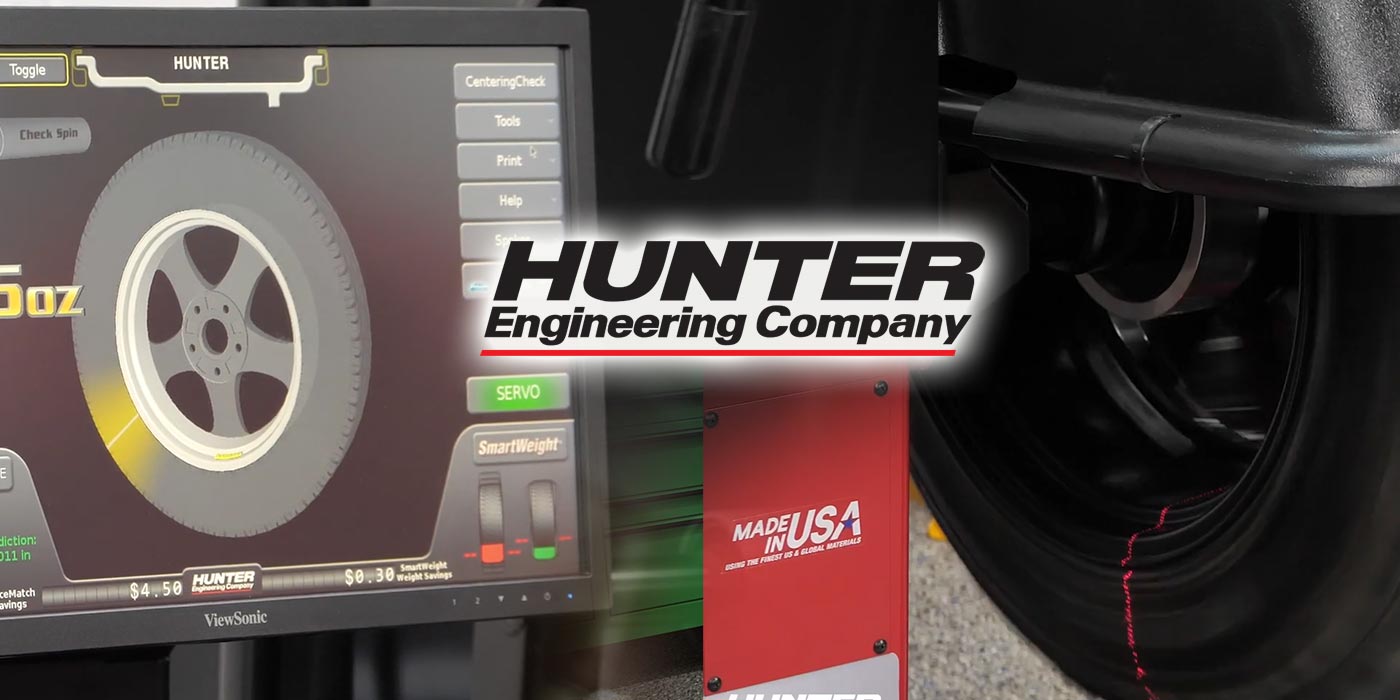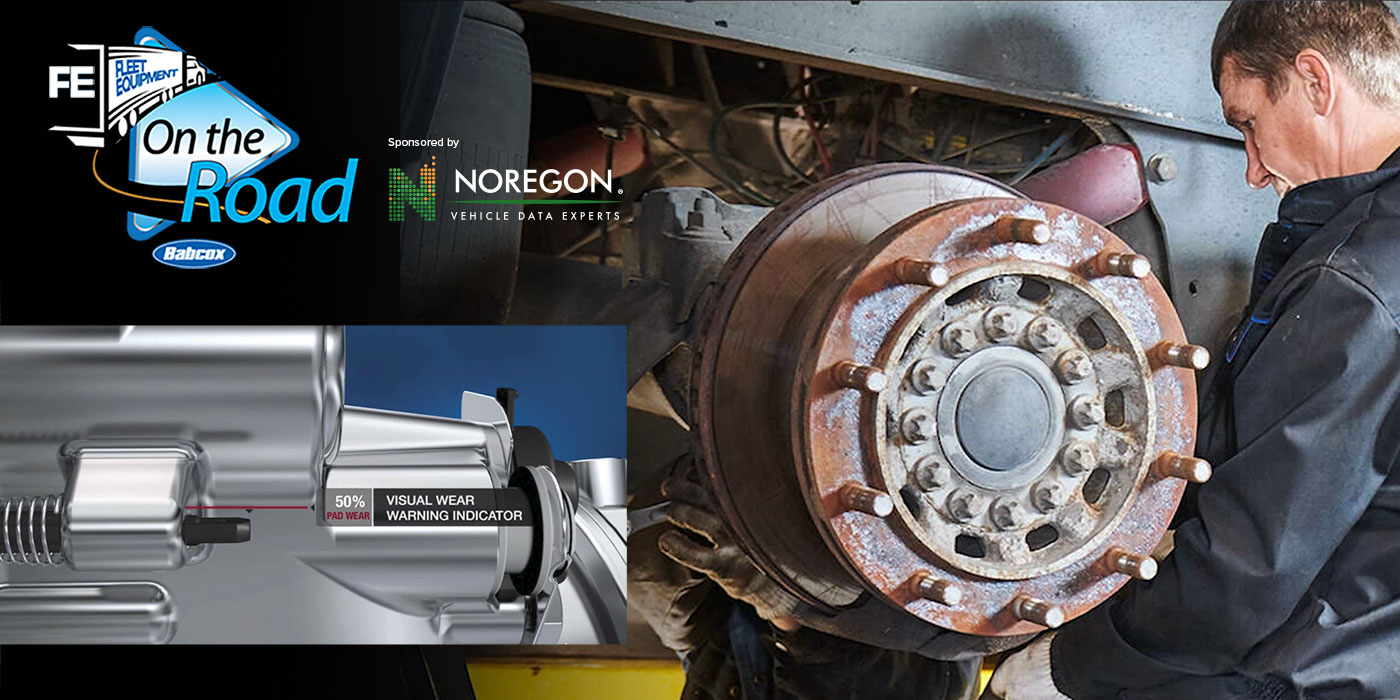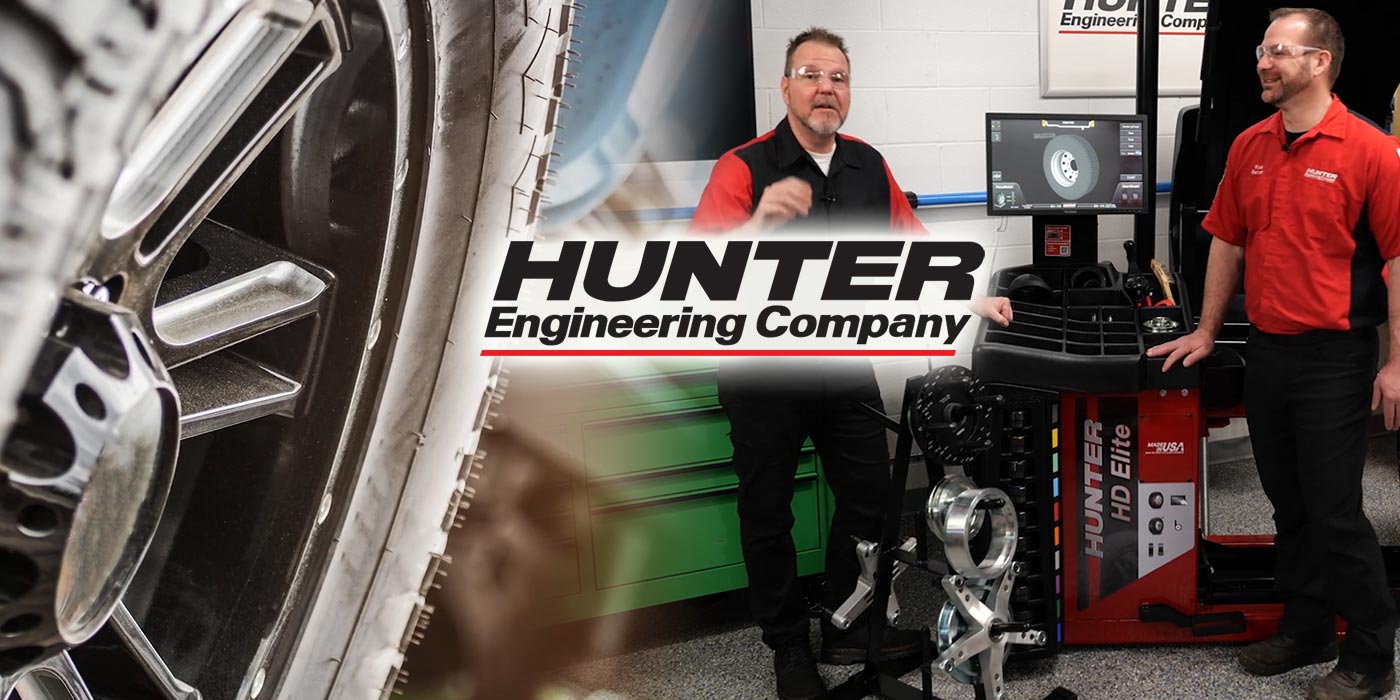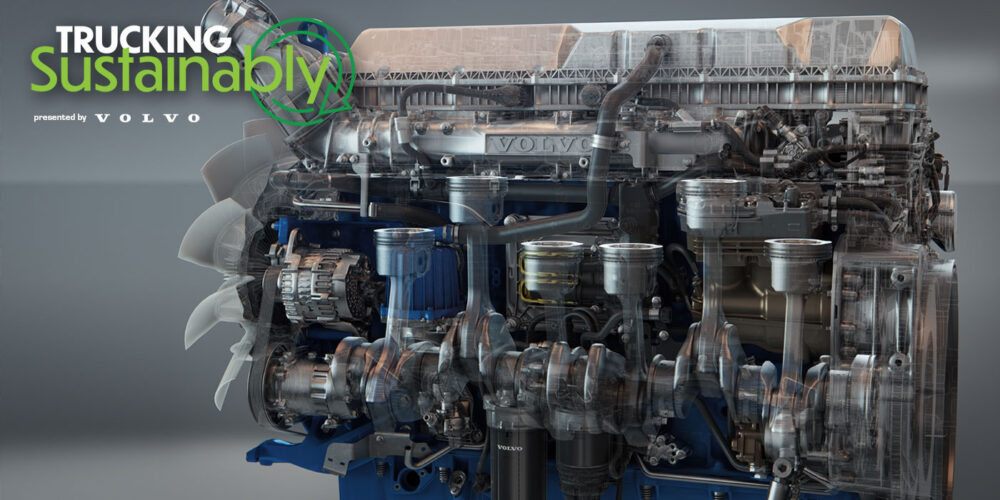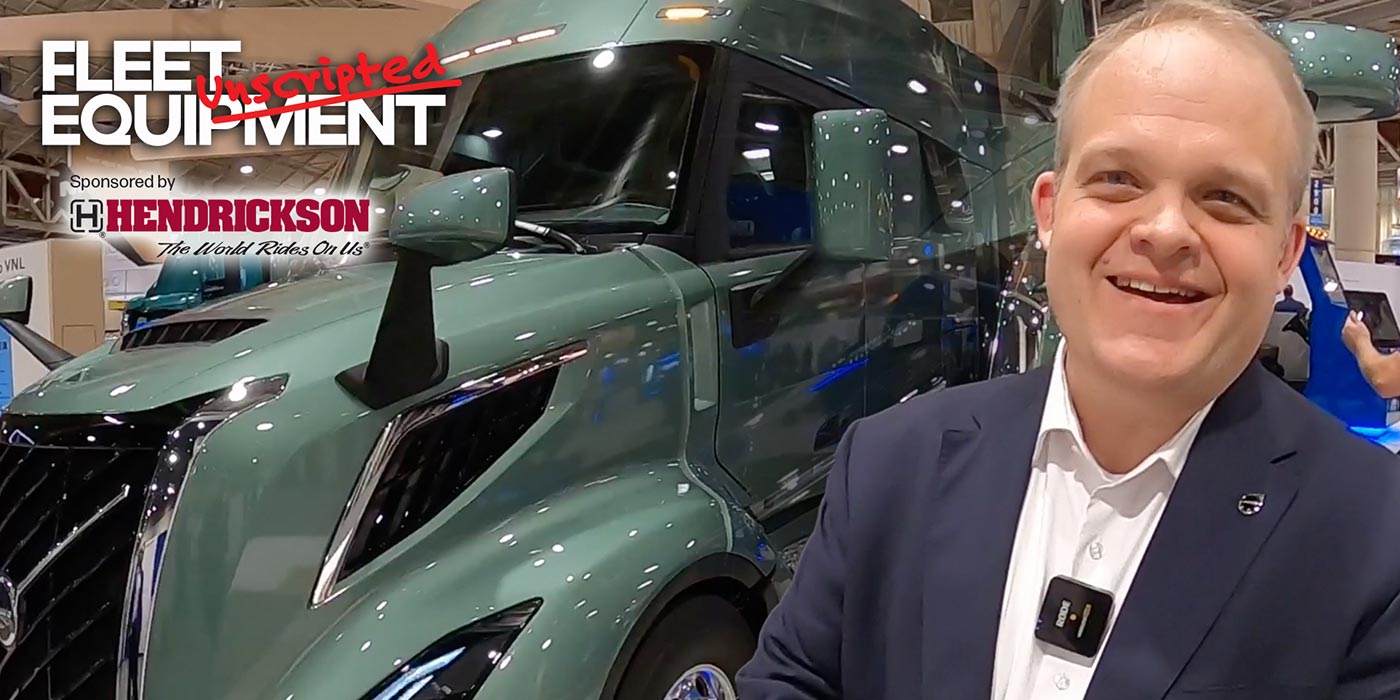You find yourself at a crossroads–has your truck exhausted its duty cycle, or is it still worth investing in? This common intersection has a lot of managers asking which direction they should take. As a truck ages, the costs of maintenance may start to outweigh the benefits of continued use.
In situations where businesses need to determine the optimal time to retire their trucks, they may consider seeking assistance from fleet management providers or exploring the potential of leasing vehicles. Evaluating a truck’s operational efficiency and determining when it may no longer be cost-effective to keep it in service can be different for not just every fleet or application, but every truck.
According to a study conducted by Fleet Advantage, a provider of fleet data analytics, equipment financing, and life cycle cost management solutions, leasing is becoming a more commonly chosen option for businesses looking for flexibility in managing their fleet. The study found that 42% of survey respondents opted to lease their trucks.
So should you lease or should you buy? That’s the question all fleet operators seem to be asking themselves. Perhaps Brian Antonellis, senior vice president of fleet operations for Fleet Advantage, can shed some light on why leasing may be a viable option.
“When you purchase a tractor, you own it and have very little flexibility. If the usage of the vehicle changes you are limited in options to extend or early exchange. Flexible finance gives you the option to adjust your lifecycle strategy. During this process you should look to understand cost down to the line item on the P&L. Understanding cost and usage will ensure you structure your financing to achieve lowest cost of ownership.”
It’s important to note that prior to the pandemic, retaining a vehicle for six, seven or maybe even eight years was not only prevalent but customary for the majority of fleets. However, with COVID-19 compelling companies to reevaluate their financing strategies and start operations from scratch, the conventional approach has evolved.
Consequently, numerous organizations are now deliberating on vehicle tipping points and opting for shorter vehicle lifecycles to curtail repair expenses and enhance productivity. This consideration is also a result of supply chain shortages which makes it harder to obtain the parts needed to keep the truck in optimal condition.
Analyzing insights can help you figure out which path would be most beneficial to your operations and pocket. But when it comes to data, it’s undeniable that the amount of information available is vast and determining which data sets hold the greatest relevance for your life cycle decisions can often feel like a challenging game of trial and error.
“Fleets today are absolutely swamped with data. Most large fleets have maintenance software systems that will give you, expense down to the component level along with tracking the cost of internal or external labor. They have onboard computers that tell you where you’ve gone, how many miles you’ve driven and what your MPG is. Companies need help analyzing the data and understanding how to make it actionable. Using this data to set life cycle targets and operating parameters vs the industry is crucial to running an efficient fleet.”
Running a truck for a full lifecycle may be the way to go in some cases, but at what cost? That’s the main question here. We can’t give you the answer but speaking to your fleet financial advisor of choice could help you determine your tipping point and where to go from there.

